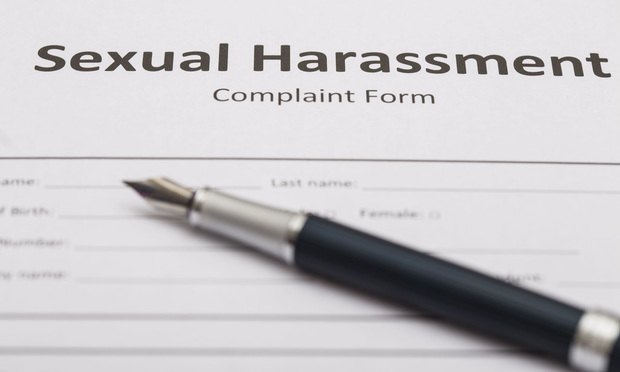Before 2010, Pakistan had no laws on sexual harassment. In 2010, Section 509 of the Pakistan Penal Code, which previously only referred to harassment as “insulting the modesty of a woman”, was amended to include a more detailed definition of harassment. The amended law prescribes an imprisonment of up to 3 years or a fine of up to Rs 500,000 or both, for insulting the modesty of a woman by uttering a word, gesture, intruding upon the privacy of a woman, or asking intending to ask for sexual favors, or making the same a condition of employment for the woman, thereby creating an offensive and hostile workplace environment. Section 509 further elaborates that this type of harassment could occur at parks, markets, in public transport, public or private gatherings, or workplaces such as offices or factories. The law does not explicitly mention educational institutions, but they will fall under “the place where an organization and/or employer operates”.
The Protection Against Harassment of Women at the Workplace Act was also enacted in 2010. The Act deals with a formal situation with the harassment faced by working women in Pakistan.
t too defines workplace as “the place where an organization and/or employer operates”. The term organization includes, according to the law, hospitals, educational institutes, companies and government institutes. Hospitals and educational institutes have a majority of female employees which means that the inclusion of both these organizations in the definition of organization provides them with a much needed legal cover.
Interestingly the term complainant includes both man and woman.
The Act calls for the formation of three member inquiry committees in organizations with at least one member being a woman and one member being a senior employee. Complainants can approach the inquiry committees in confidence for the resolution of any issue regarding harassment. The committee has the powers to call for evidence and witnesses, and to impose penalties, including major penalties such as removal from service.
Perhaps the most important part of the Act is the Code of Conduct provided in the Act. The adoption of the Code of Conduct is mandatory by organizations and also includes the display of the Code of Conduct at the place of business of the organization. The Code empowers the complainant. It lays down minimum standards, allowing organizations to improve on it. The adoption of the Code does not only provide an organization with a mechanism through which it can systematically address complaints of sexual harassment, it also helps an organization change the attitudes of its employees, by raising awareness about the issue and consequences of its occurrence in the workplace.
Often sexual harassment and employment matters become entwined particularly where sexual harassment occurs at the workplace. The Firm frequently represents organizations against individual complainants. From our practice in this field what we look at are instances where the harassment actually occurred at the workplace, the type of harassment to see whether it falls within the definition provided under the law and to all also examine all aspects of employment law linked to the harassment.
(c) Yousaf Amanat & Associates




